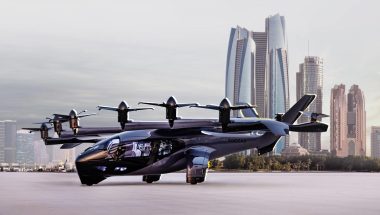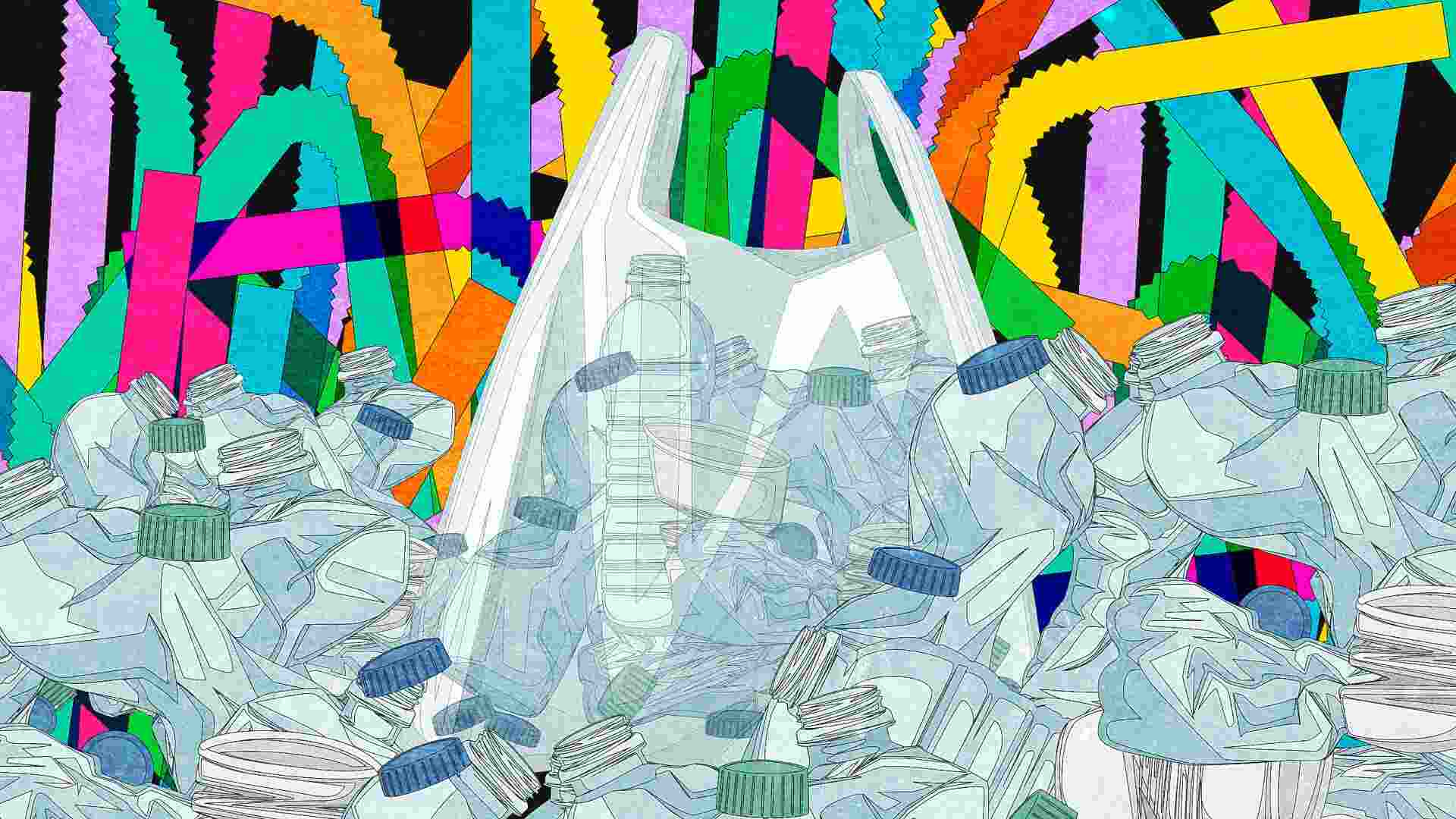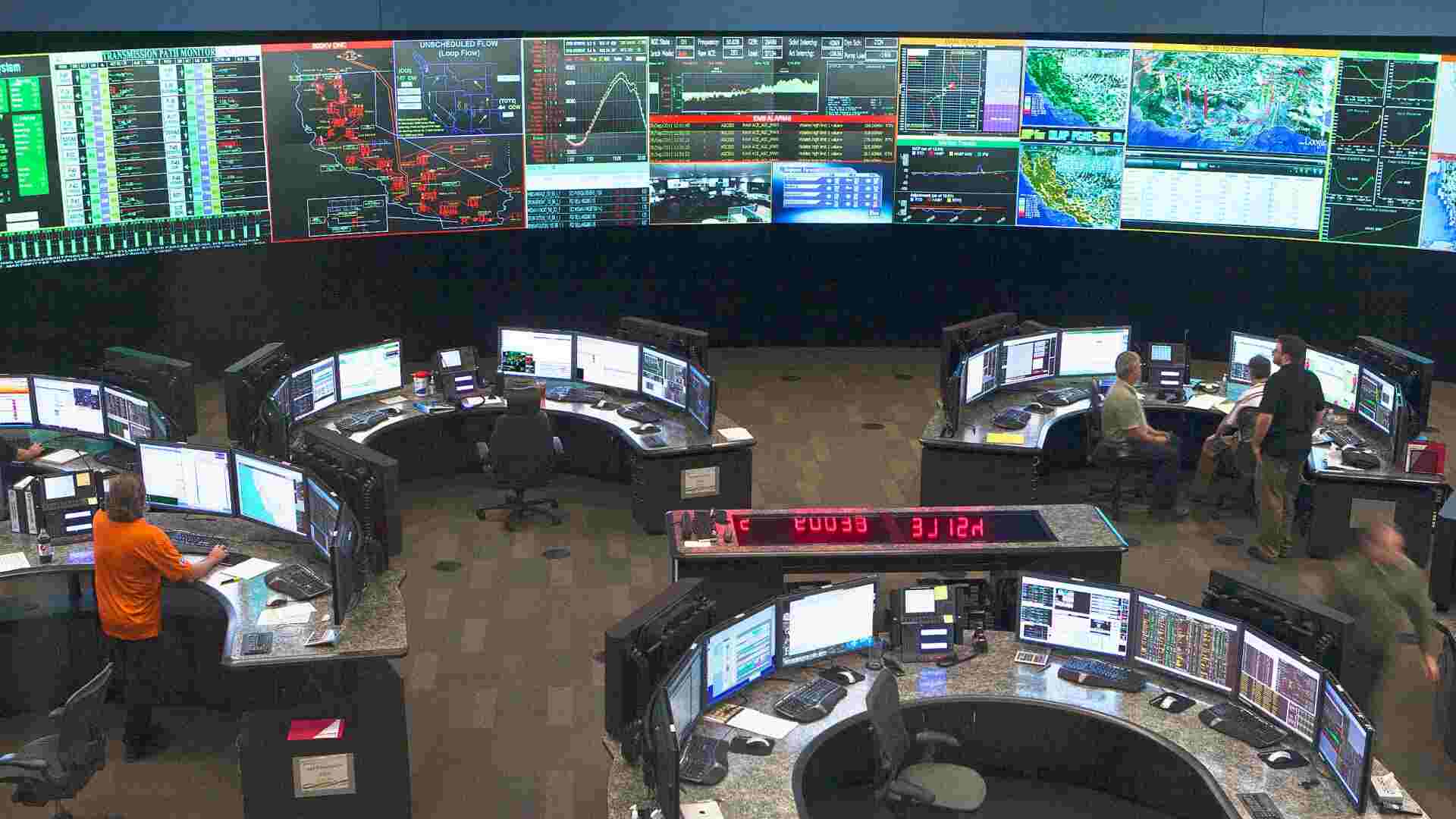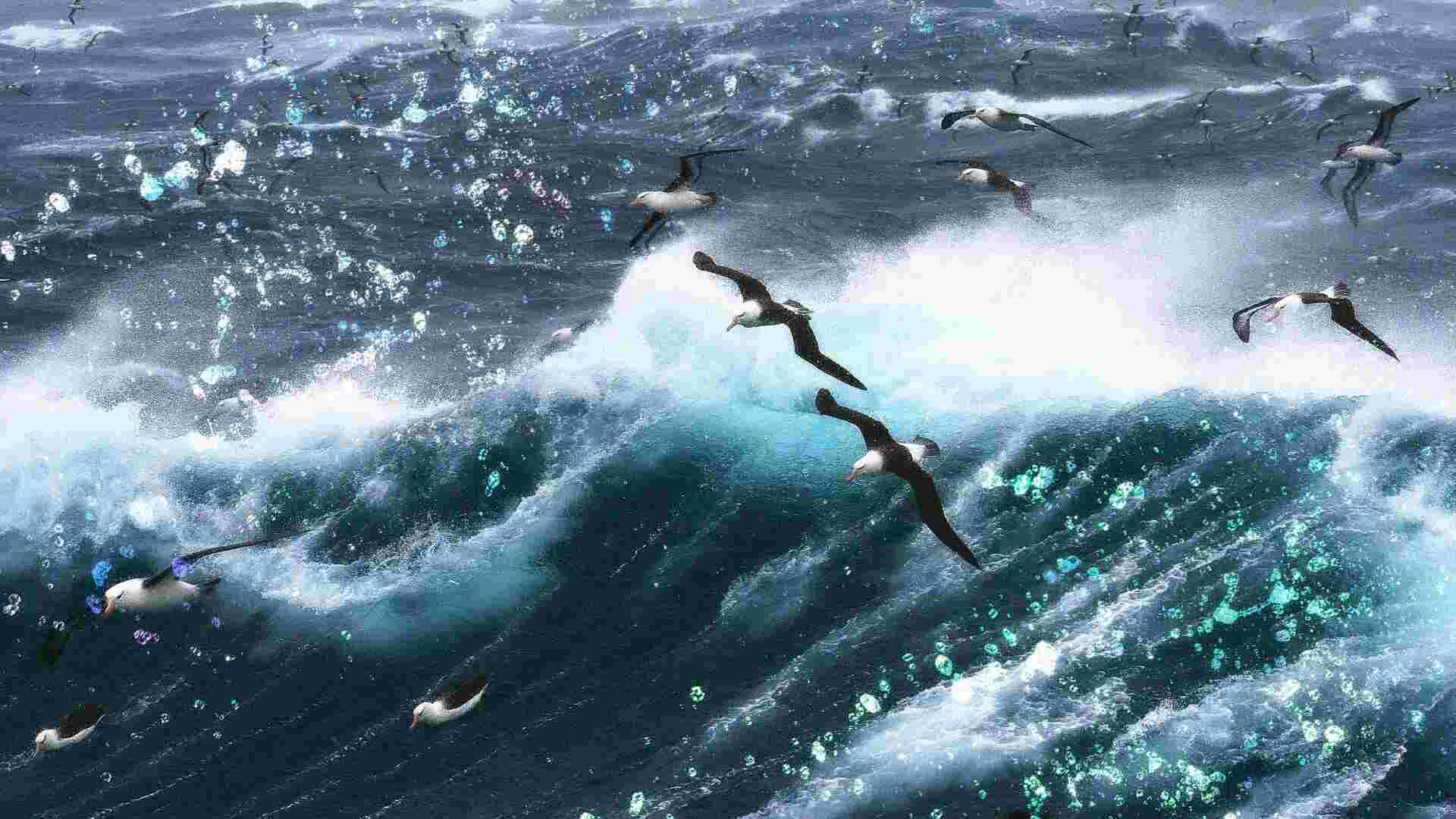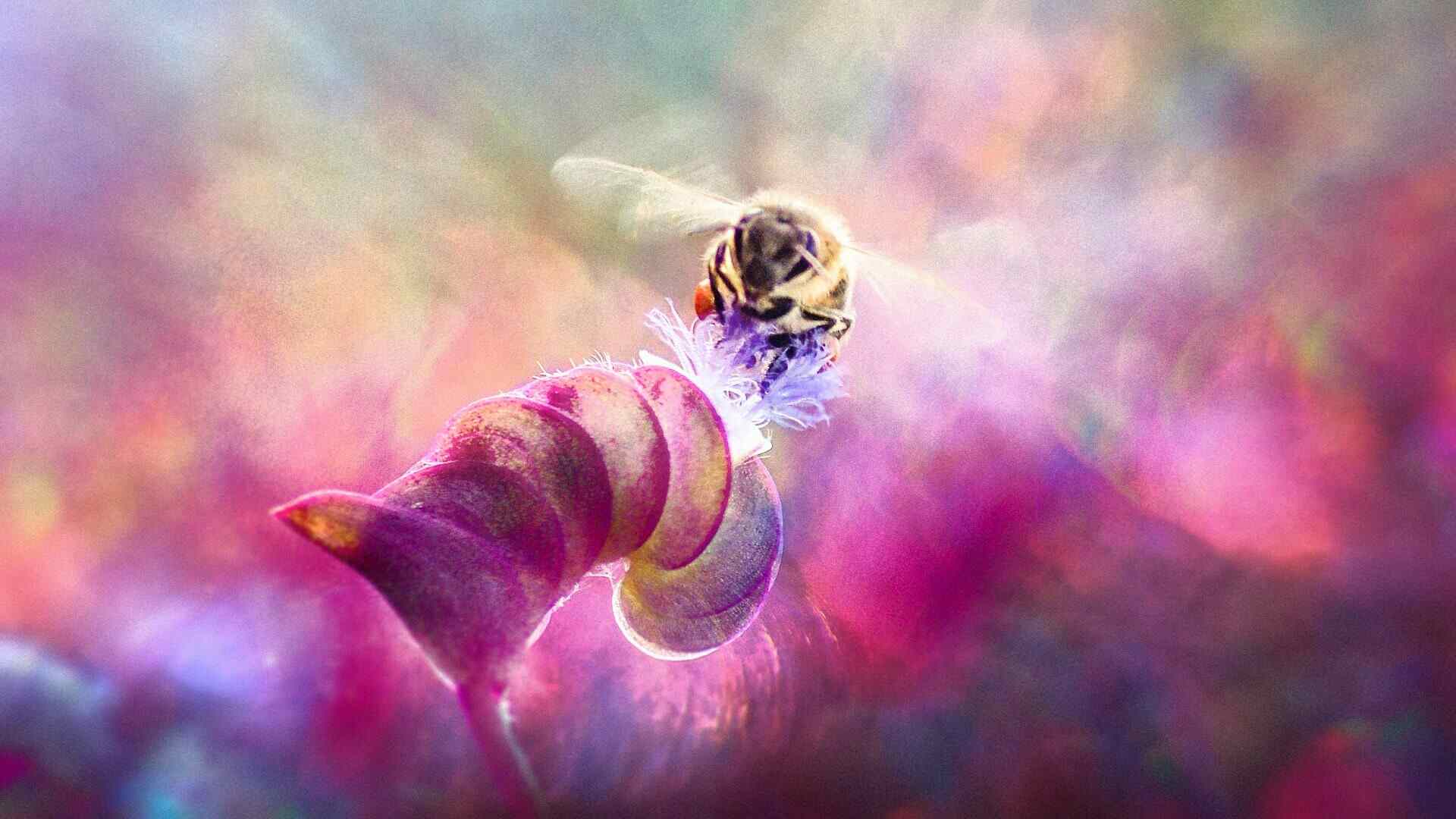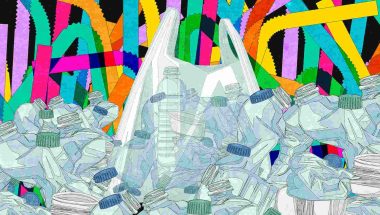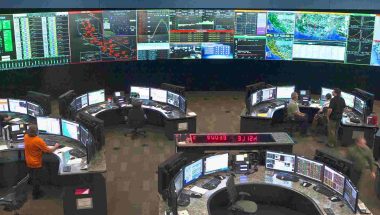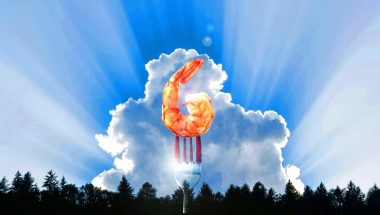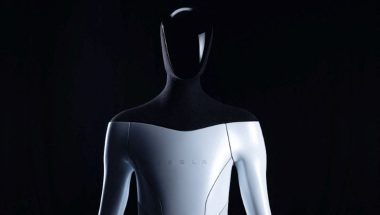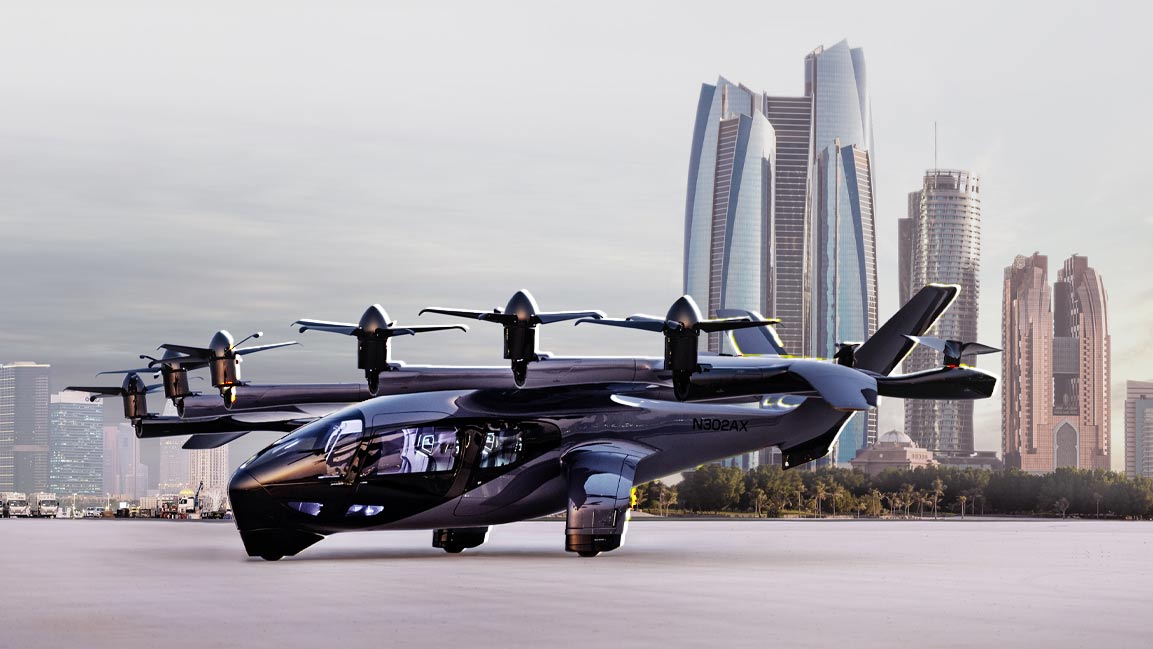- | 4:24 pm
3 possibilities for our climate-ravaged future—and the solutions that could prevent the worst
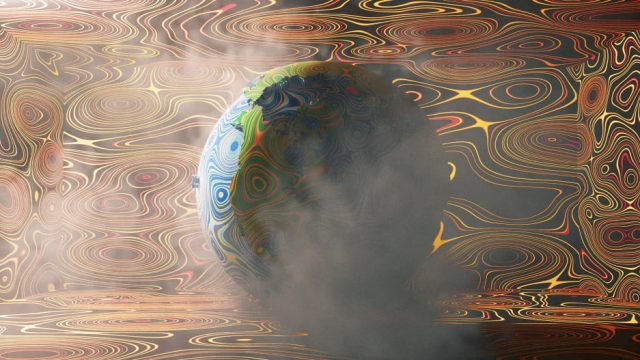
Unprecedented floods in Germany. Prolonged droughts in Kenya. Raging infernos in Siberia. The frightening acceleration of extreme weather catastrophes is an ever-more-tangible sign that all is not okay with the Earth.
But conditions could still get much worse.
As part of the Paris climate accord, a coalition of 196 nations agreed to strive to keep carbon emissions low enough so as not to raise the Earth’s temperature by more than 1.5 degrees Celsius. But a United Nations report released just before last year’s COP26 summit in Glasgow, Scotland, suggested that the Earth is currently on a pathway to warm by 2.7 degrees by 2100.
It can be hard to translate those raw numbers into reality. So on today’s brand-new episode of the World Changing Ideas podcast, Kim Cobb, a leading climate scientist at the Georgia Institute of Technology, helps us visualize three different scenarios of our future world.
If we keep emissions low enough to reach the 1.5-degree target, there will still be much damage: The sea level may rise by up to 2.5 feet, and coral reefs may decline by 70% to 90%. But at 2 degrees, those reefs will likely decline by 99%, while heat waves will occur 14 times more often, and the Arctic Ocean will potentially lose its ice in the summertime. At 3 degrees—a worst-case scenario—cities from Shanghai to Miami could flood, the Amazon rainforest may not survive, and the extreme heat and humidity may make the world simply unlivable for human bodies.
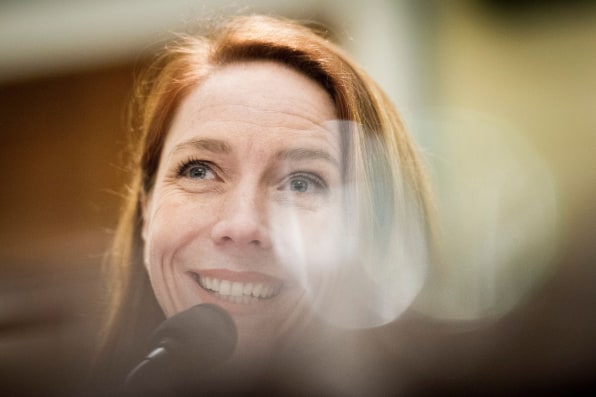
Kim Cobb [Photo: Cliff Owen/AP/Shutterstock]
So, while abstract promises to limit that warming are a start, they’re not enough. “We don’t need pledges, we need plans,” Cobb says. “And where we have plans, we need action.” The responsibility of that action will have to be shared across sectors and industries.
Fast Company senior editor Morgan Clendaniel joins us on the episode to assess the outlook. “I think the key phrase about fixing the climate is that everything is necessary, but not sufficient,” he says. “There is a place for all of us, and every sector, to be making a difference here.”
And there are a lot of things we can do. As bleak as the horizon may look—and as this episode starts—we’re setting the scene for what’s to come on this brand-new season of World Changing Ideas dedicated to climate solutions. We’ll be showcasing the most creative ideas to help us beat climate change, the cutting-edge climate tech that is building a new, clean economy.
Though valuable, we won’t just be discussing the ideas you already know about, like solar farms and carbon credits. We’ll be talking to innovators and entrepreneurs about microorganisms that eat methane and turn it into a substance that mimics plastic, and a company that’s revolutionizing the petrochemical industry by converting corn syrup into our everyday chemicals through a carbon-negative process. We’ll talk electric trucks, plastic-free cleaning supplies, and robots that help bees pollinate.
We’ll show what can be done and, crucially, what’s already happening. Urgency is key, because we’re running out of time. “There’s an amazing set of low-hanging fruit and win-win strategies,” Cobb says. “[But] we obviously have to get going. We’ve squandered so much time already.”
You can listen and subscribe to World Changing Ideas on Apple Podcasts, Google Podcasts, Spotify, Stitcher, or wherever you get your podcasts.








